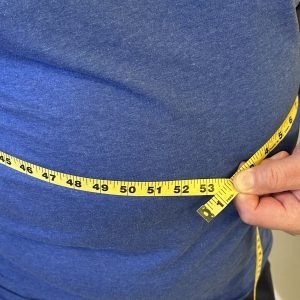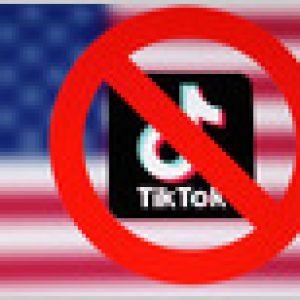
A drug, when administered at the first signs of migraine, may help curb the onset of headache in patients prone to the migraine attack, allowing them to continue their daily activities with little or no symptoms, a recent trial reveals.
When taken at the onset of symptoms like sensitivity to light and sound, fatigue, neck pain, or dizziness, Ubrogepant helped 73% of migraine patients regain normal function, according to the study results published in the journal Neurology.
Ubrogepant is a migraine drug made from a calcitonin gene-related peptide receptor antagonist that inhibits CGRP, the protein that triggers the migraine.
“Migraine is one of the most prevalent diseases worldwide, yet so many people who suffer from this condition do not receive treatment or report that they are not satisfied with their treatment. Improving care at the first signs of migraine, even before headache pain begins, can be a key to improved outcomes. Our findings are encouraging, suggesting that ubrogepant may help people with migraine function normally and go about their day,” said study author Dr. Richard B. Lipton in a news release.
For the trial, researchers evaluated 518 migraine patients with a history of migraines lasting at least one year, experiencing two to eight attacks per month in the three months before the study. All the participants experienced signs during the prodrome period, the first stage of migraine attack.
The participants were divided into two groups and asked to treat two migraine attacks over two months. The first group received a placebo for the first attack and 100 milligrams of ubrogepant for the second attack. The second group received ubrogepant for the first attack and a placebo for the second.
During the migraine attack, the participants were asked to record the level of activity they could perform measured on a scale ranging from zero to five, where 0 indicated “not at all limited – I could do everything” and 4 meant “extremely limited.”
Within two hours of taking the medication, those who took ubrogepant were 73% more likely to report “no disability, able to function normally” compared to those who took the placebo. A day after taking the drug, 65% of ubrogepant users reported being “not at all limited – I could do everything” or “a little limited,” compared to 48% in the placebo group.
“Based on our findings, treatment with ubrogepant may allow people with migraine who experience early warning signs before a migraine occurs to quickly treat migraine attacks in their earliest stages and go about their daily lives with little discomfort and disruption. This could lead to an improved quality of life for those living with migraine,” Dr. Lipton added.







